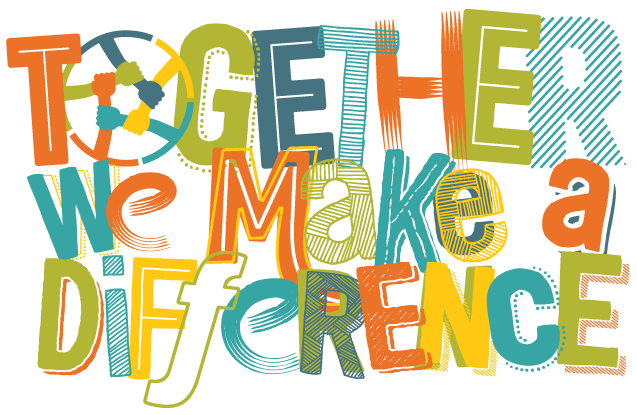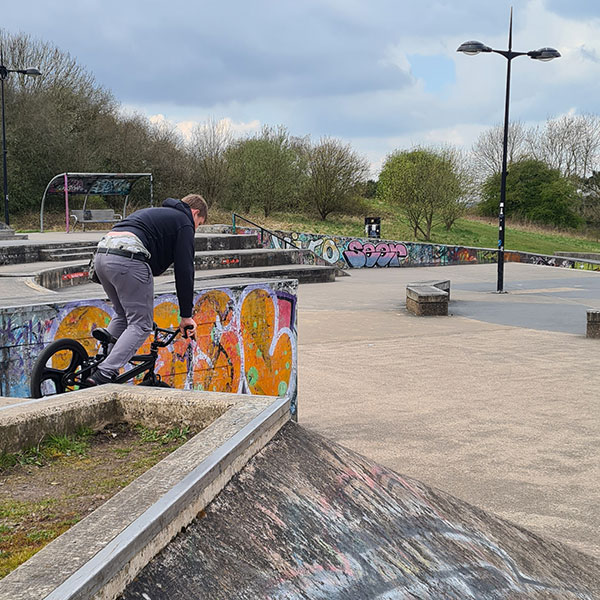From social isolation to knife crime – whatever challenge a young person is facing, we’re there to support and inspire.
The children and young people who we support through mentorship are all experiencing some degree of challenge or struggle.
We provide each individual with a judgement-free space where they are accepted for who they are; a young person who wants to make a change.
While we focus on the future potential of our young people, it can help those seeking support to learn about the kinds of challenges that we tackle as part of the mentor relationship.

Knife Crime
The number of children and young people being affected by knife crime and youth violence is rising across the UK.
The consequences of youth-based knife crime can be incredibly far-reaching, impacting survivors of violent attacks, witnesses, young friends and family, and even the perpetrators themselves.
Children and young people need the right support to escape knife crime. TWMAD mentoring offers acute support to those who wish to envision a more positive future for themselves.
Child sexual exploitation (CSE)
CSE (child sexual exploitation) and grooming can significantly affect the life of a child or young person and have untold impact on their mental health, mindset, and behaviour.
As experienced youth mentors, we provide young people who have been affected by CSE a safe and validating space that upholds their agency.
TWMAD mentors work closely with mental health and support agencies. If we believe that a mentee needs additional support, we will help to signpost and facilitate this.
County Lines exploitation
County Lines exploitation occurs when children and young people are manipulated, coerced, or forced into transporting drugs from one area or another.
Young people who’ve experienced this kind of exploitation can be hugely affected by it; from the trauma of being groomed by “trusted” adults, to being treated like a criminal.
Through mentoring, young people can begin to unpack what they went through, rebuild damaged self-esteem, and focus on positive goals for the future.
Gangs
Being involved in a gang can give a young person a sense of belonging, agency, and importance – especially if they feel they can’t get that elsewhere.
Gang members take advantage of this, often manipulating or coercing young people into participating in criminal activity in order to prove their loyalty.
We work with young people to strengthen their confidence and self-esteem, so they can figure out what they want from their lives.
Drugs and substance misuse
There are many reasons a young person might misuse drugs, alcohol or other substances. It might be a coping mechanism, a way to “fit in” with friends, or behaviour that’s been normalised.
We offer our mentees the chance to explore their thoughts in a non-judgemental space. If they decide that they no longer want to misuse drugs or alcohol, we can support them in upholding that decision.
As trained youth mentors, we work closely with mental health and addiction support agencies. As part of our service, we can help young people access specialist help.
Social anxiety
Social anxiety and isolation are huge issues affecting many children and young people.
Reasons can range from feeling overwhelmed by in-person exchanges, to struggling to connect with people outside online spaces. Each young person has their own unique experience and as a TWMAD mentee, they’re treated as an individual.
We work with the young person so they can better understand themselves, building resilience through self-acceptance and self-compassion.
School Attendance and Truancy
Consistent absence from school due to truancy can have a big impact on a child or young person’s life.
Schools and parents want what’s best for the absent student, but to improve attendance we need to understand why a young person is truanting.
We work with our mentees to start a dialogue built on trust. We don’t tell the young person what to do; we work with them to come to their own conclusions, identifying how and why they want to change their own lives for the better.
Supporting young people, not judging them
At TWMAD, we offer children and young people a judgement-free space to share their thoughts and feelings. For us, judgement-free means:
- asking our young people for their side of the story,
- never assuming we know more about them than they do,
- not judging young people by their past actions,
- being open and present when they share something with us.
As part of that non-judgement, the TWMAD mentoring team offers young people vital accountability. We help mentees to outline their own goals and offer support to achieve them.


